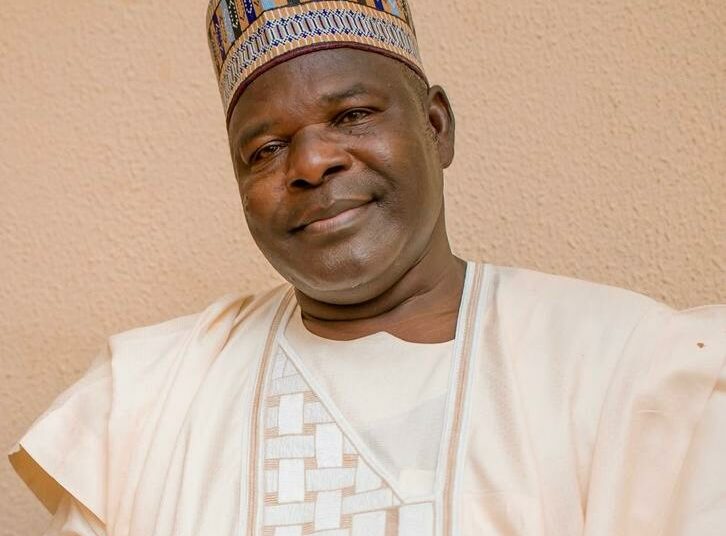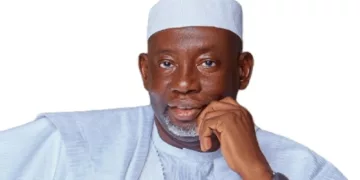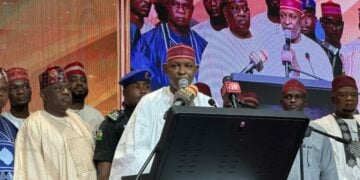From his humble beginnings as an almajiri boy in 1965, Gerawa overcame his limitations to become a billionaire by building business empires, creating jobs and contributing to the growth of the economy.
Playing in the industrial sector for over 37 years, Alhaji Gerawa is one of the few rice farmers that now give more than sufficient paddy to rice mills as part of efforts to complement the federal government’s policy of economic diversification.
Towards supporting the federal government’s efforts at ensuring that Nigeria attains food sufficiency, Gerawa built an ultra-modern mega rice mill with 400 metric tonnes capacity and another bigger rice mill with a capacity of 560 metric tonnes per day. Both rice mills produce about 960 metric tonnes per day. That has significantly contributed to the backward integration efforts in local production of rice in Nigeria. His involvement in the agri-business has immensely helped to conserve foreign exchange for Nigeria through a reduction in the importation of rice.
It is on record that, through government intervention, Nigeria produces more than 70 per cent of its rice demand annually. To every concerned citizen, this is a welcome development that will surely improve the national economy as well as reduce the nation’s dependence on other countries to feed it.
Gerawa is an astute business tycoon of no small value. His company never ceased to produce, despite all odds. The rice mill isn’t his first attempt in the industrial sector. His group of companies also has a poultry feed arm and soybeans/groundnut processing company. His firm belief in investing in the industrial sector is his driving force.
Gerawa’s determination to help reduce the nation’s unemployment gap has gained significant milestone through his various companies. Presently, the company has a staff strength of more than 2,000 direct workers, including about 100 foreigners within its rice/oil mill plants and global engineering concerns.
A Jigawa State businessman, Alhaji Gerawa founded the Gerawa Group, a multidimensional company with head office in Kano State, in 2015.
He led the company that created the multi-billion-naira 1,200-tonnes-per-day solvent extraction plant in Kano which is estimated to have created no fewer than 5,000 jobs for the citizens. His foray into the oil milling sub-sector of the economy has expanded the soybean processing and vegetable oil refining plant in Kano and the country at large.





